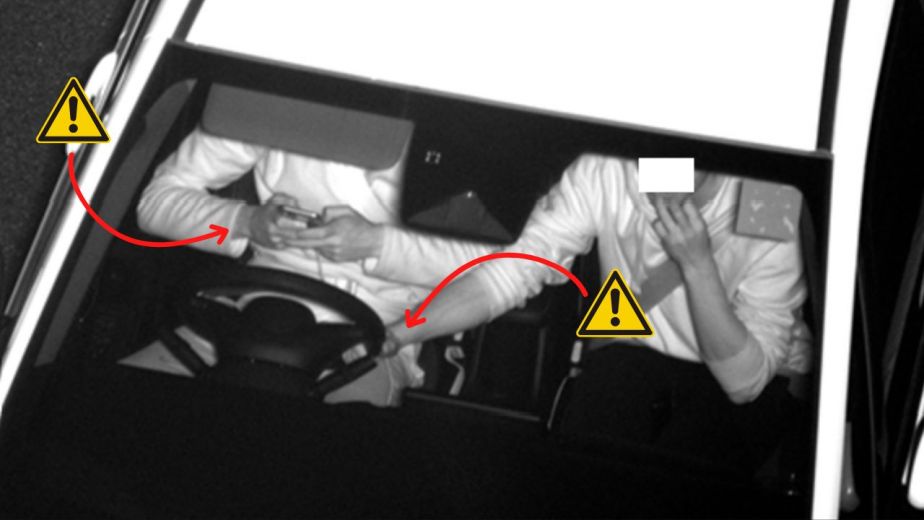One of the biggest trends within the tech space in recent years has been the rapid growth of artificial intelligence (AI) – and it has started to impact speed cameras and police investigations in the UK.
This guide looks at what these new cameras will do, how they differ from the current ones in operation, and whether they are already being introduced across the country.
What are AI speed cameras?
Artificial intelligence speed cameras are devices placed at the roadside that can determine if a driver is using a mobile phone – or if anyone in the vehicle is not wearing their seatbelt.
They can also be used to detect how fast someone is travelling and send a report on the make, model, and number plate of a vehicle.
The images the AI speed camera captures can be processed to give police a full picture of the passengers and interior of a car, van, or cab of a truck.
AI speed cameras in the UK are linked to all UK police and Driver and Vehicle Licensing Agency (DVLA) databases, so checks on car tax and insurance can also be carried out.
They are now starting to be introduced to nations around the world, and could lead to more road traffic offences captured on camera – and more police action taken on offenders.
Are there AI speed cameras in the UK?
Yes, there have been a series of pilots and tests carried out on UK roads involving AI speed cameras in the last few years.
In fact, a new AI speed camera with 4D radar technology can scan drivers inside a vehicle was introduced to the A23 road in Lambeth, London in early 2023.
Following the trial, RAC road safety spokesman Simon Williams said: “While some drivers may criticise these cameras for unwanted snooping, the reality is that these days the police increasingly rely on technology to catch drivers breaking the law – after all, it’s impossible to have a police officer stationed on every street corner.
“Having said that, given the increasing sophistication of cameras and the potential for AI to play a role in the future, it’s absolutely vital these cameras are set up correctly and there’s an easy means of drivers challenging penalties and fines which they think are unwarranted.”
Also, in August 2023, the UK’s first free-standing AI road safety camera caught almost 300 drivers in the first three days it was in operation.
The testing ground on a stretch of road between Devon and Cornwall detected 117 mobile offences and 180 people not wearing their seatbelts.
Adrian Leisk, Head of Road Safety for Devon & Cornwall Police, said: “We are employing this new technology to send a clear message to anyone who continues to use their phone behind the wheel – you will get caught.”
As of October 2024 there are ten police forces trialling AI cameras mounted to vehicles or trailers, including Greater Manchester, Durham, Humberside, Staffordshire, West Mercia, Northamptonshire, Wiltshire, Thames Valley Police, Norfolk and Sussex.
Mobile phone detection cameras
In 2023, a new AI camera system was introduced to the UK which can capture and analyse images to see if drivers are using their mobile phones while behind the wheel.
The artificial intelligence software then processes the data and provides information to police and local government.
Also known as the Acusensus System, the AI uses multiple cameras to record footage that clearly displays drivers breaking the law.
All images are then reviewed by a human before any prosecution can occur.
Mobile speed cameras
Mobile speed cameras are used by the police to catch speeding motorists in residential ad accident hotspots – as well as on bridges over motorways across the UK.
They can be fitted to marked and unmarked vans, or even by a police officer using a lazar radar gun.
It is not a legal requirement for the police to inform drivers that they are in the area.
If you have any questions about artificial intelligence speed cameras in the UK, leave them in the comments below.

Cheaper than AA or we’ll beat by 20%^
• Roadside cover from £5.49 a month*
• We get to most breakdowns in 60 mins or less
• Our patrols fix 4/5 breakdowns on the spot











